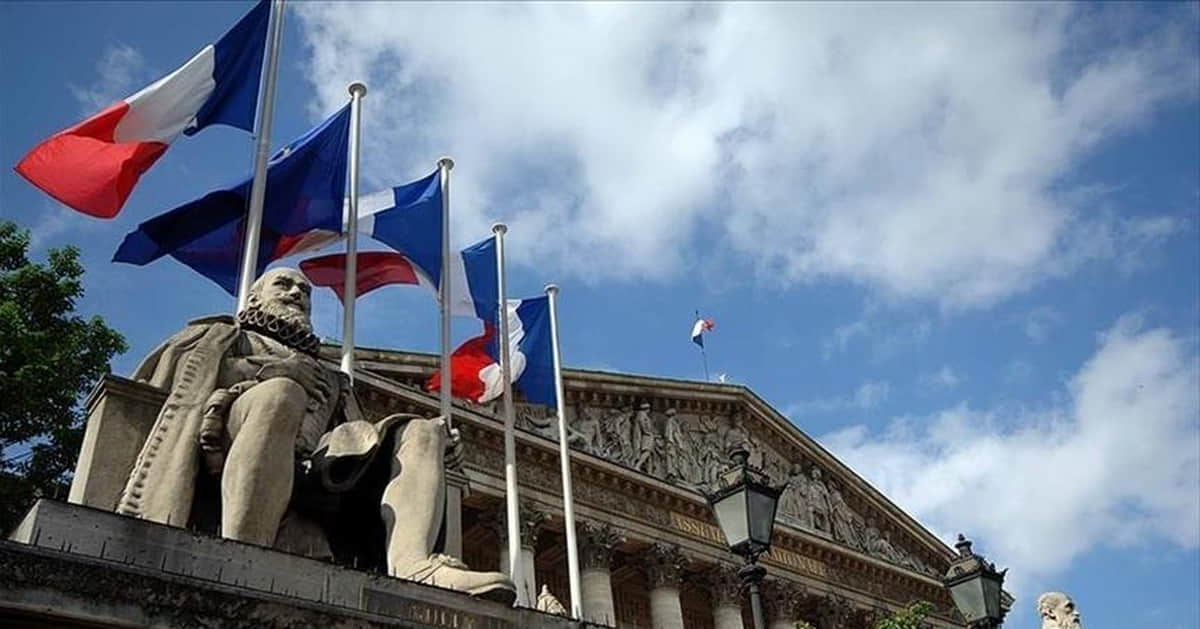What France could become after snap election and whether the worst-case scenario can be avoided

On 30 June, the first round of voting in legislative elections will take place in France. The second round is set to be held on 7 July. Given that the elections were announced only on 9 June, this is the shortest and most surprising election campaign in modern French history.
Current polls indicate that the far-right National Rally party of Marine Le Pen has a real chance of gaining a majority, either alone or with allies, and forming a government. On the other hand, President Emmanuel Macron has achieved one part of his plan - he has made some voters "wake up." But will this be enough to achieve the goal - preventing the far-right from coming to power?
Advertisement: Find the answers to key questions regarding the snap parliamentary election in France in the article by Yurii Panchenko, a European Pravda editor - Leap into the unknown: How snap election will change France and how to avoid threats to Ukraine. All polls give President Emmanuel Macron's Renaissance party third place with about 19%.
The race leader is the far-right National Rally with about 34%. Another 30% are ready to vote for the left-wing New Popular Front. However, Renaissance's representation could be even lower.
In such a situation, the only chance to form a majority is to involve the center-right Republicans and the moderate left. Currently, the Republicans are in deep crisis and can count on 10-50 seats. Another acceptable option for Macron is a scenario where the National Rally and the left are unable to form a majority on their own or come to an agreement, resulting in the need to create a technical government in due time.
At the very least, such a government would be able to ensure the current state functioning. The main thing is that such a government would not interfere into foreign policy and defence, which are within the president's powers. The worst scenario for both Macron and Ukraine is if MPs from Eric Ciotti's circle gain the "golden share."
Eric Ciotti is the Republican leader who has expressed willingness to unite with the far-right National Rally. Incidentally, this is why the Republicans began to experience turmoil. Such a statement outraged most influential party members for whom such an alliance is a betrayal of the party's founder, Charles de Gaulle.
Currently, there are attempts to remove Ciotti from the party leadership, but for the elections, the Republicans are de facto running with two columns. The split has also occurred among the Republican voters - approximately equal shares support an alliance with the far-right and consider it unacceptable. At the same time, a possible victory for the far-right does not mean a return to "special relations" with Russia.
The negative perception of Putin's Russia is dominant even among National Rally voters. Therefore, it's not surprising that Bardella has stated that he considers Russia "a multidimensional threat both for France and Europe." A curious moment: among other things, the far-right propose to prohibit people with dual citizenship from holding "strategic positions." They illustrate this with the danger posed by individuals with second Russian citizenship.
"You don't want a person with Franco-Russian citizenship to be the head of a nuclear power plant, do you?" Jordan Bardella said during debates. In response, Prime Minister Gabriel Attal reminded that a person with second Russian citizenship worked as an adviser to Bardella and could have access to classified information. The far-right promise to review Macron's pension reform if they win, but they place their main focus on migration.
However, the socialists should not be discounted either. The 2024 elections may mark the return of the socialists - it is quite likely that they will regain their leadership on the left wing. This is positive for Ukraine, as the socialists do not criticise the transfer of weapons to Kyiv.
If you notice an error, select the required text and press Ctrl + Enter to report it to the editors.